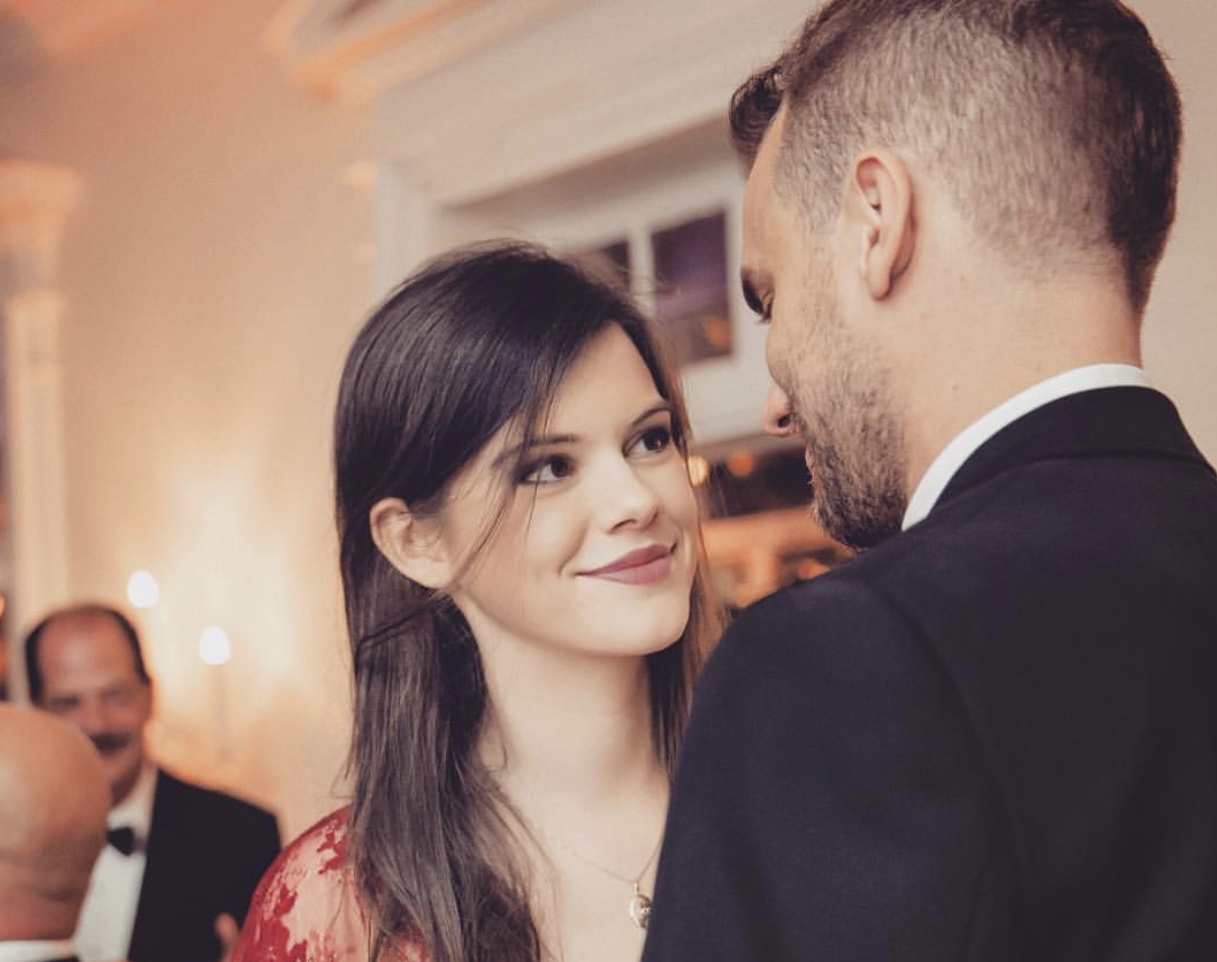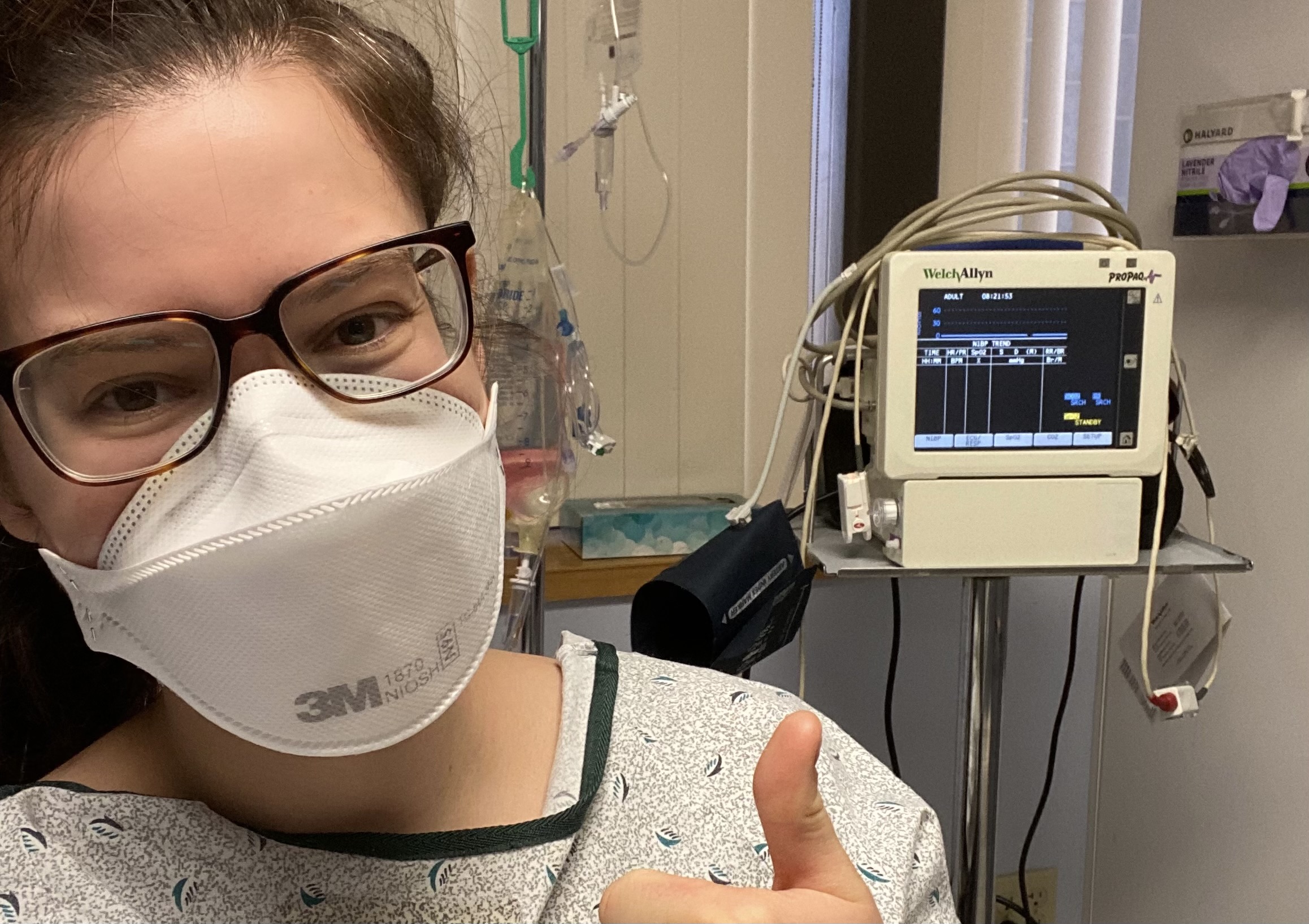It took me a long time to realize that my parents are humans.
As a kid, I never saw either of my parents cry. I never really saw them argue, either. They seemed impervious to the roller coaster of emotions I experienced as a typical child.
When my Dad’s grandmother died when I was 12, I sat next to him at the funeral. I have a vivid memory of looking up at him and noticing his eyes were glossy. It scared me, but I reassured myself he wasn’t fully crying.
When I was in high school, I came home one day to find my Mom crying on the couch, in front of the TV. She was watching the televised memorial service for the victims of the Virginia Tech shooting. “Why are you crying?” I asked rudely, knowing what she was watching. I felt stupid the second after I asked her – obviously she was crying because the memorial service was sad. My question was an impulse born out of my disillusionment that my parents were these stoic, unshakable entities.
As an adult, I am very close with both of my parents and we can all tell how each other are feeling without ever asking. And yet, there is still a part of me that gets worried when my parents act like normal human beings.
I’ve been thinking about how this plays out in families with illness. Should parents of sick children always put on a brave face in front of their kids? Should they cry in front of their kids so that their kids know expressing feelings is normal? As a child therapist, I know that the latter is healthier for kids’ social-emotional development. But given my own upbringing, I know that children also appreciate the sense of comfort and safety that resolute parents can offer.
Gunnar and I have a puppy who is our dear child, and while I would never compare having a dog to having a child, I find myself constantly worrying about her, much like I imagine I would a child. I have nightmares where she escapes the yard and gets lost on a freezing winter night. I’ve started walking her on two leashes at a time out of my fear of her escaping (one attached to her harness and another one attached to her collar).
If I have this much anxiety about a dog, what kind of massive anxiety will I be undertaking when I have a child? What if that child is sick and the anxiety multiplies a hundred fold?
What is the balance between shielding your loved ones from your scary feelings while also showing them that scary feelings are a natural part of life?
Will I have to navigate that “sweet spot” in front of Gunnar as his disease progresses?
Is it more important to be vulnerable or to be strong?
I think for those of us that love someone with CF, we ask ourselves this, a lot.
It’s quite a gray area, and I imagine the answer is, “It depends…”
I’d love to hear from other caregivers, siblings, friends, significant others… What works for you? How do balance “a brave face” with real live human emotions?






